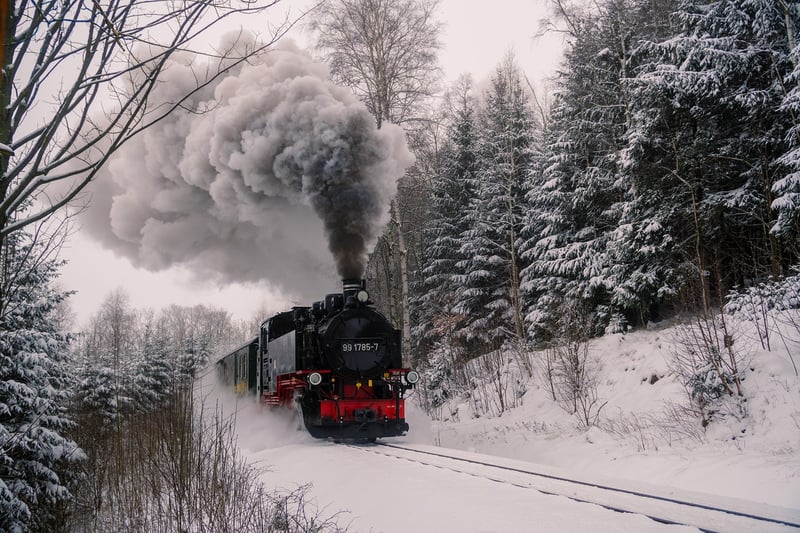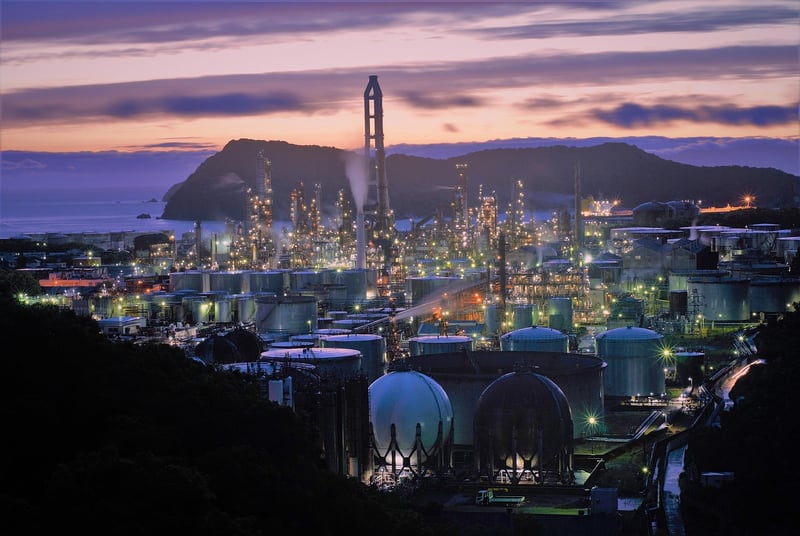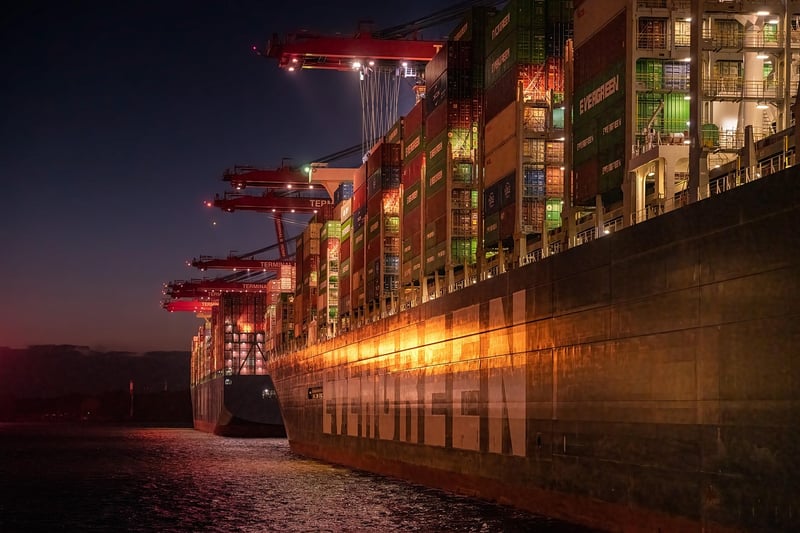Industrial Revolution
Exploring Pivotal Moments of the Industrial Revolution
The Industrial Revolution was a transformative period in history that revolutionized the way people lived and worked. It marked a shift from agrarian societies to industrialized economies, bringing about significant technological advancements and societal changes. Let's delve into some pivotal moments that shaped this remarkable era.
1. Invention of the Steam Engine
One of the key advancements during the Industrial Revolution was the invention of the steam engine. Developed by James Watt in the late 18th century, the steam engine played a crucial role in powering machinery, locomotives, and ships, leading to increased productivity and transportation efficiency.

2. Rise of Factory System
The emergence of the factory system was another pivotal moment in the Industrial Revolution. Factories centralized production, allowing for mass manufacturing of goods. This shift from cottage industries to factory production transformed the economic landscape and created new employment opportunities.

3. Urbanization and Population Growth
Industrialization led to rapid urbanization as people moved from rural areas to cities in search of work. The growth of urban centers resulted in overcrowding, poor living conditions, and social challenges. This shift in population dynamics had a profound impact on society and paved the way for urban development.

4. Impact on Global Trade
The Industrial Revolution revolutionized global trade patterns by increasing the production and transportation of goods on a massive scale. The advent of steam-powered ships and railways facilitated international trade, leading to the interconnectedness of economies worldwide and the expansion of markets.

5. Labor Movements and Social Reforms
The harsh working conditions in factories spurred labor movements and calls for social reforms. Workers organized protests, strikes, and unions to demand better wages, hours, and working conditions. These efforts eventually led to labor laws and regulations that improved the lives of workers.

These pivotal moments of the Industrial Revolution not only transformed economies and industries but also shaped the course of history, leaving a lasting legacy that continues to influence modern society.
Experience the impact of these historical moments and explore the legacy of the Industrial Revolution firsthand through museums, historical sites, and educational resources dedicated to this transformative period.
